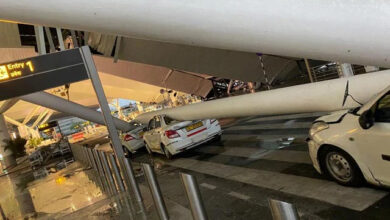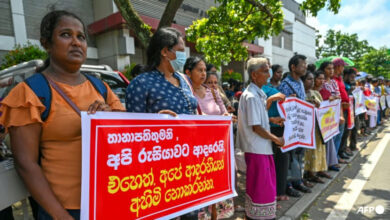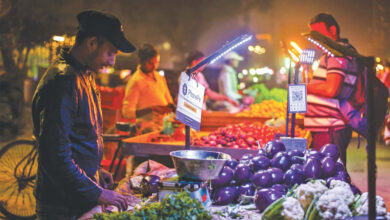Delhi court summons BBC, Wikipedia and Internet Archives in connection to documentary on Modi

New Delhi: A Delhi court issued summons to the BBC, Wikipedia and Internet Archives yesterday on a defamation suit filed by India’s ruling Bharatiya Janata Party (BJP) leader Binay Kumar Singh, in relation to the recent BBC documentary on Indian Prime Minister Narendra Modi.
“Issue summons of the suit for settlement of issues to the defendant on the filing of PF and e-mode returnable on the next date of hearing. PF be filed today itself,” said the summon, issued by Additional District Judge (ADJ) Ruchika Singla on Wednesday (3 May), reports The Hindu.
The court has also directed them to file their written statement within 30 days from the date of service of the summons. The matter will be put up for further proceedings on 11 May.
If further added that the defendant is directed to file his written statement within 30 days from the date of service of the summons. Endorsement be made on the summons accordingly. The matter will be put up for further proceedings on May 11, 2023.
Binay Kumar Singh, who is the state executive committee member of BJP in Jharkhand, stated in his complaint the BBC documentary, titled “India: The Modi Question”, has defamed the BJP.

“That the allegations made against the Rashtriya Swayamsevak Sangh (RSS) and Vishwa Hindu Parishad (VHP) are motivated by a malicious intent to defame the organisations and its millions of members/ volunteers. Such unfounded allegations are not only baseless but also have the potential to damage the reputation and image of the RSS, VHP and its millions of members/volunteers, who have committed themselves to upholding the cultural, social and national values of India,” the complainant said.
It further added the assertion of the documentaries that Prime Minister Narendra Modi is directly responsible for the alleged atrocities against a particular community during riots in Gujarat in 2002 is an unfounded and defamatory statement.
“Additionally, the report in question has been accused of making a sensational claim that lacks any credible sources or substantiation…..In conclusion, the above statement contains a series of defamatory and baseless allegations against the VHP, its associates, and Prime Minister. Such statements are slanderous and defamatory, and potentially damaged the reputation of these individuals and organisations,” the suit said.

In January this year, the BBC aired the two-volume documentary series.
India has blocked the airing of the documentary which questioned Prime Minister Narendra Modi’s leadership during the 2002 Gujarat riots, saying that even sharing of any clips via social media is barred.
The Indian government even issued orders to Twitter to block over 50 tweets linking to the video of the documentary and YouTube had been instructed to block any uploads of the video.
Narendra Modi was the chief minister of the western state of Gujarat when it was gripped by communal riots that left more than 1,000 people dead, by government count – most of them Muslims. The violence erupted after a train carrying Hindu pilgrims caught fire, killing 59.
Human rights activists estimate at least double that number died in the rioting.
Modi denied accusations that he failed to stop the rioting. A special investigation team appointed by the Indian Supreme Court to investigate the role of Modi and others in the violence said in a 541-page report in 2012 it could find no evidence to prosecute the then-chief minister.


![Mumtaz Zahra Baloch, spokesperson for Pakistan's Foreign Ministry, says the country believes in constructive dialogue with the US [Courtesy of Pakistan Ministry of Foreign Affairs]](https://southasiancorrespondent.com/wp-content/uploads/2024/06/pak-1-390x220.jpg)

